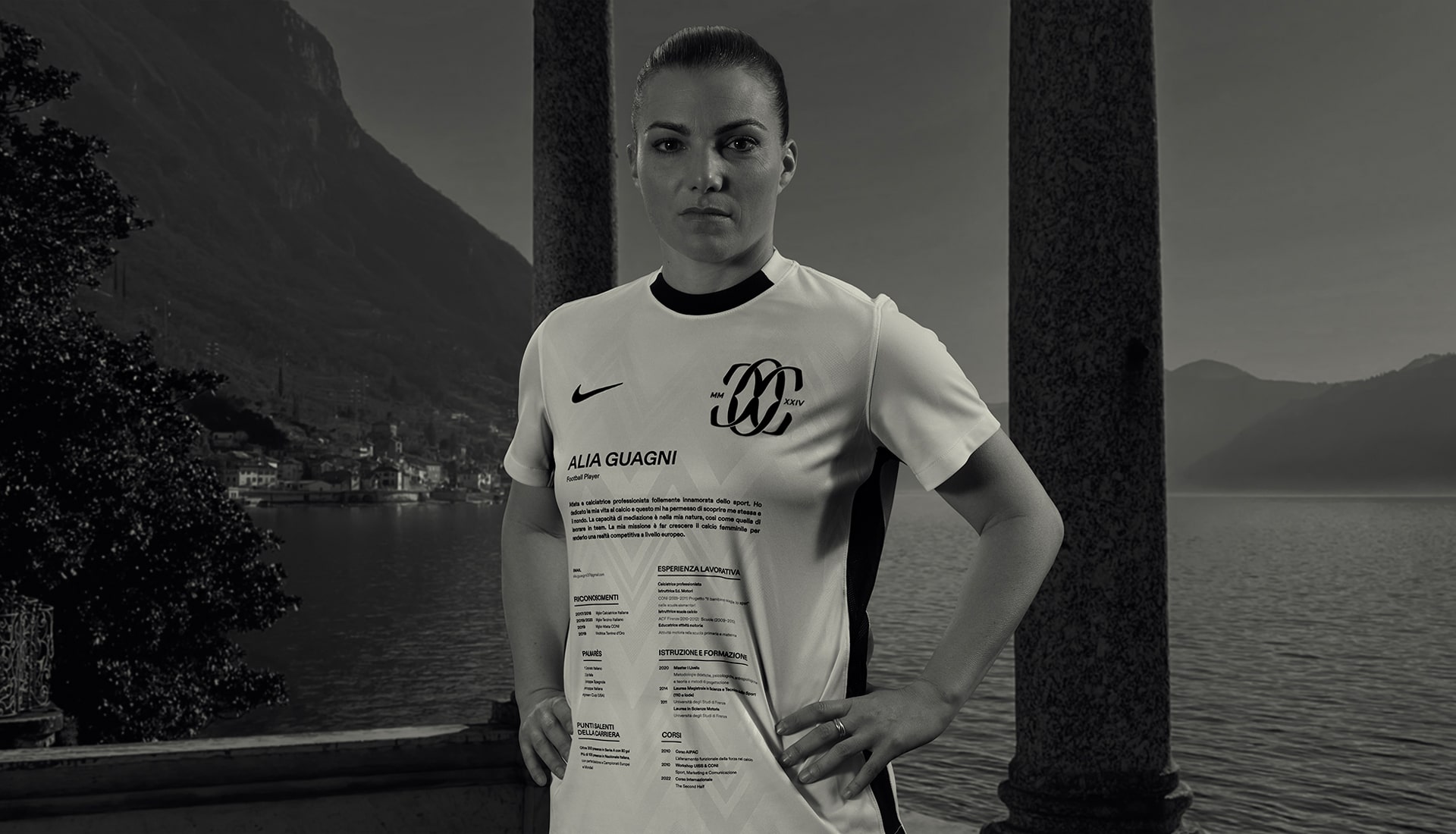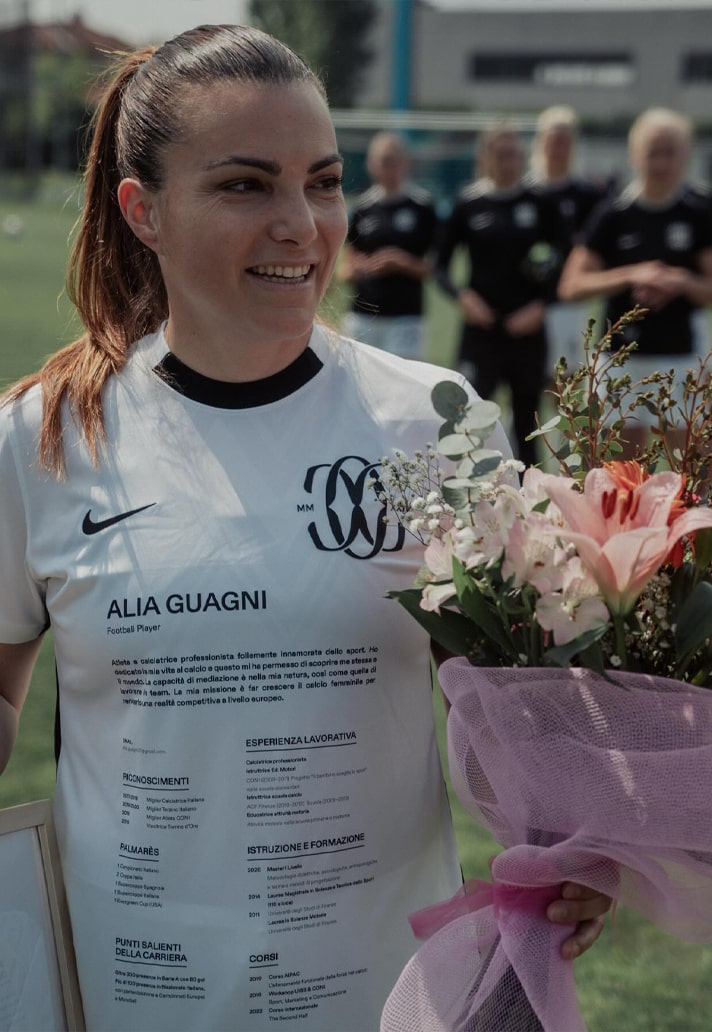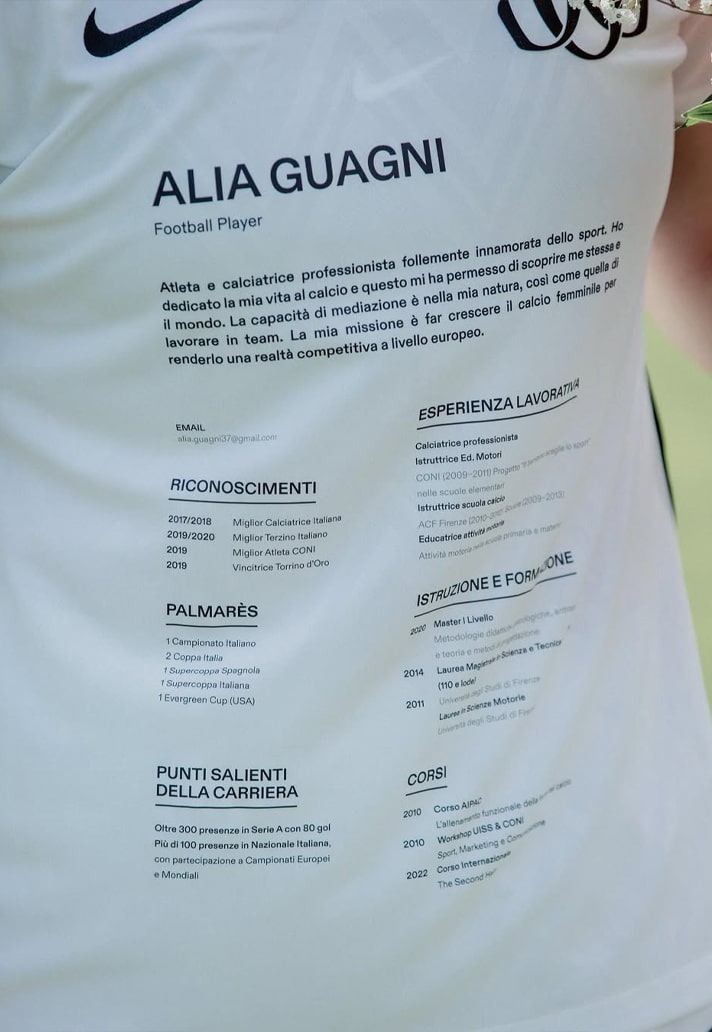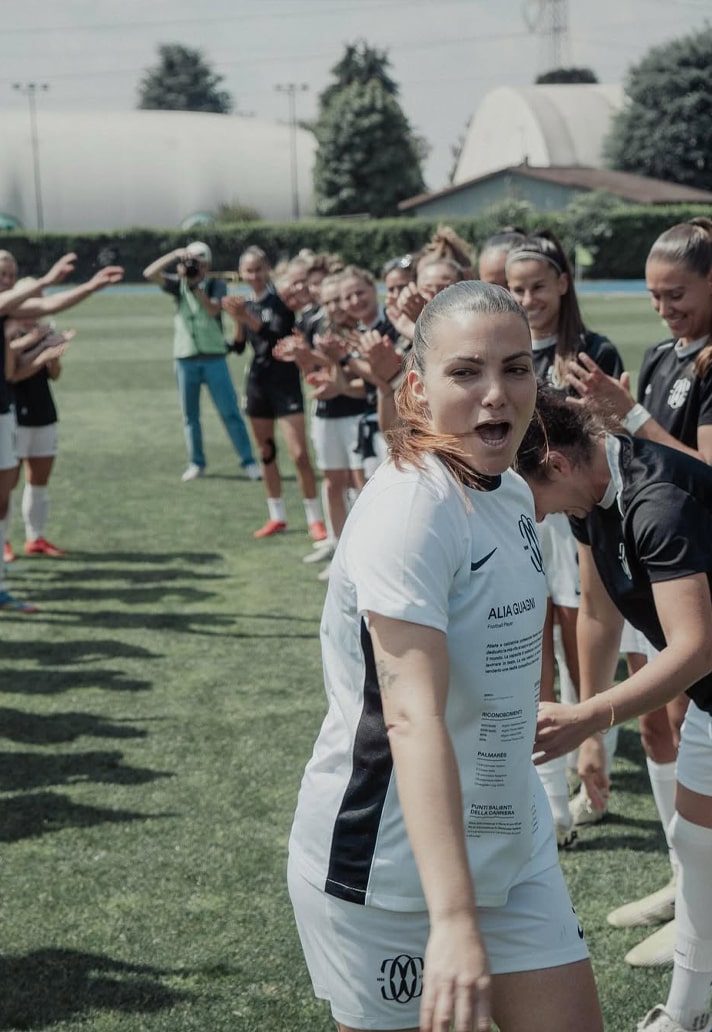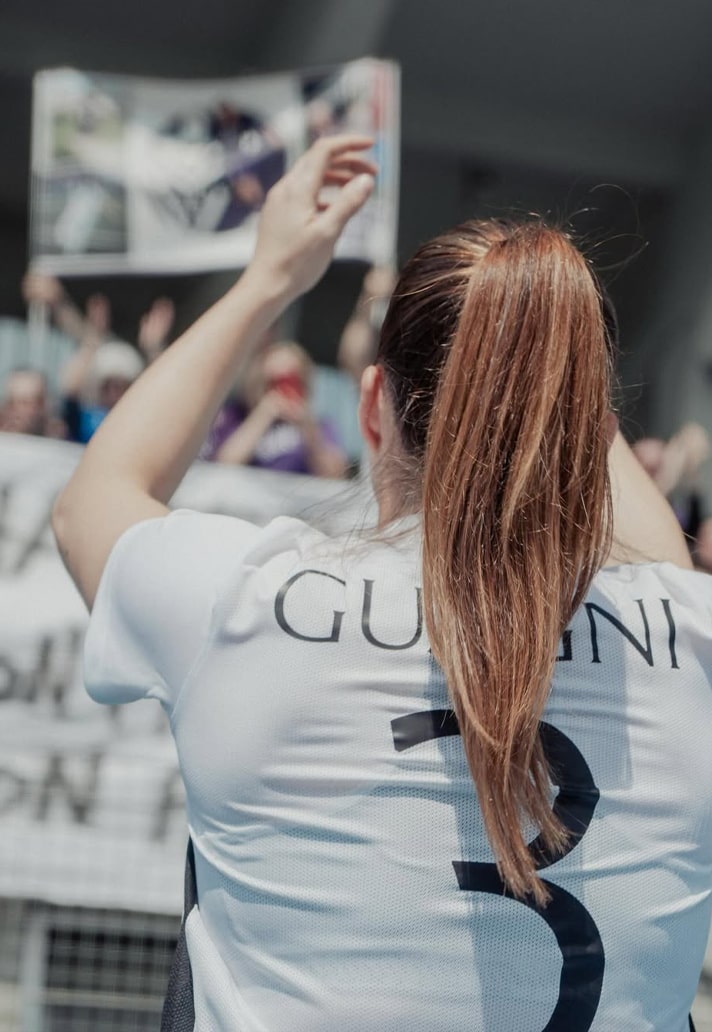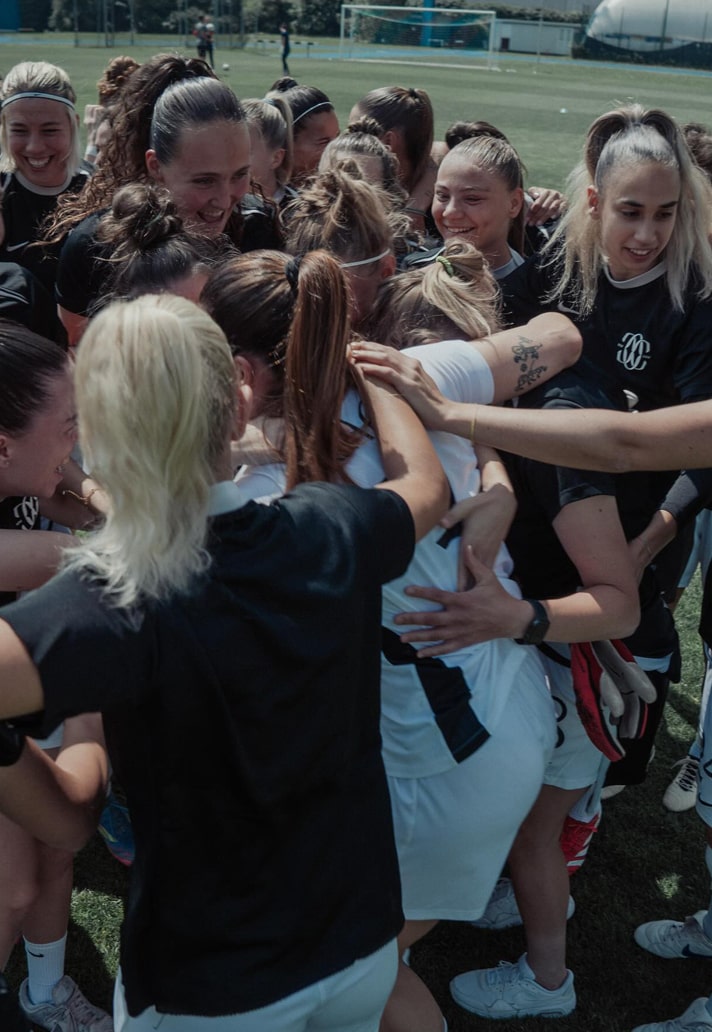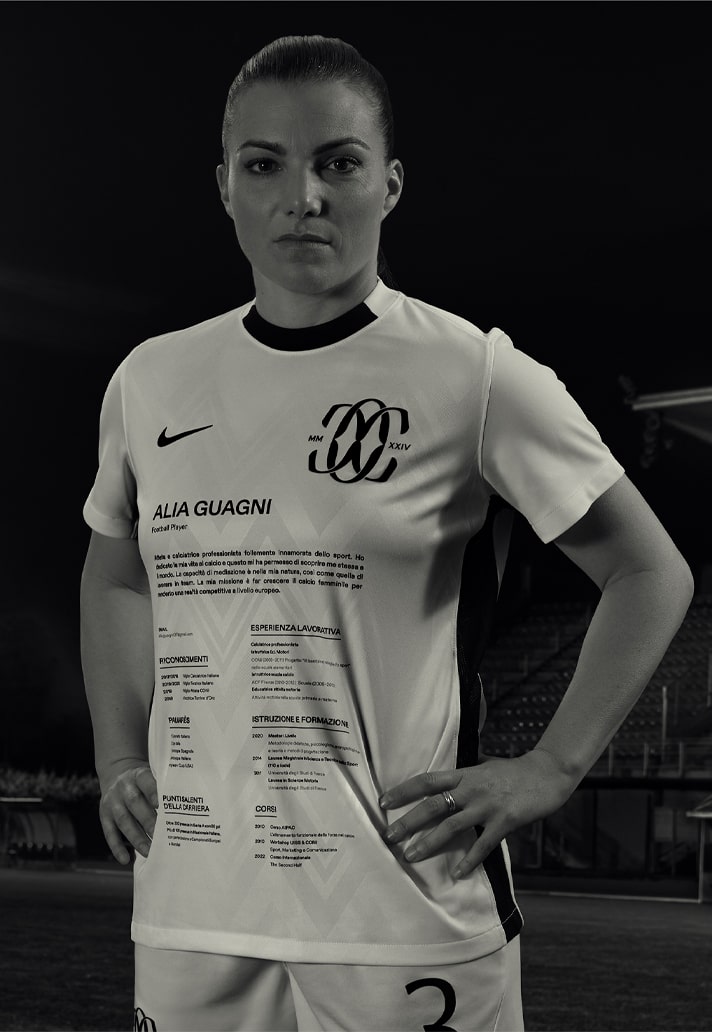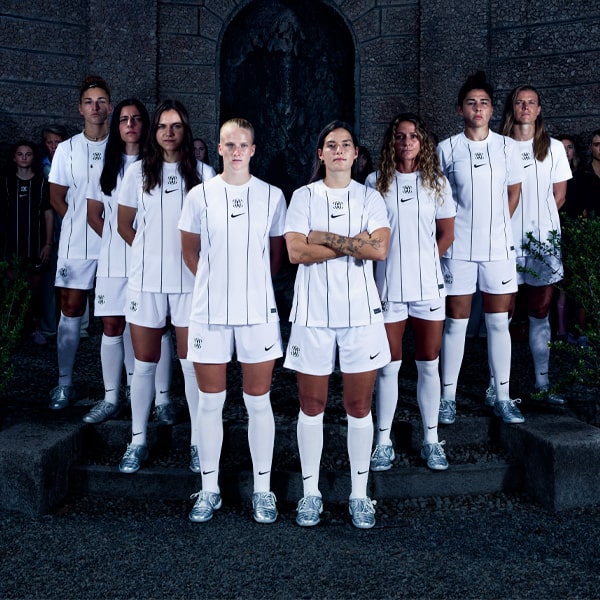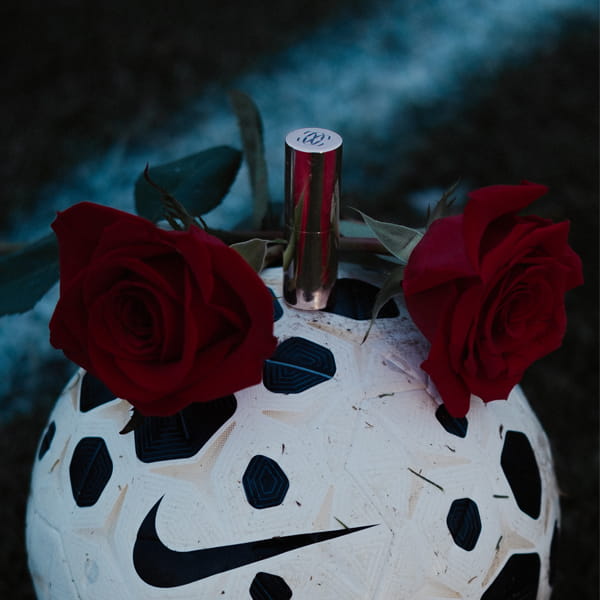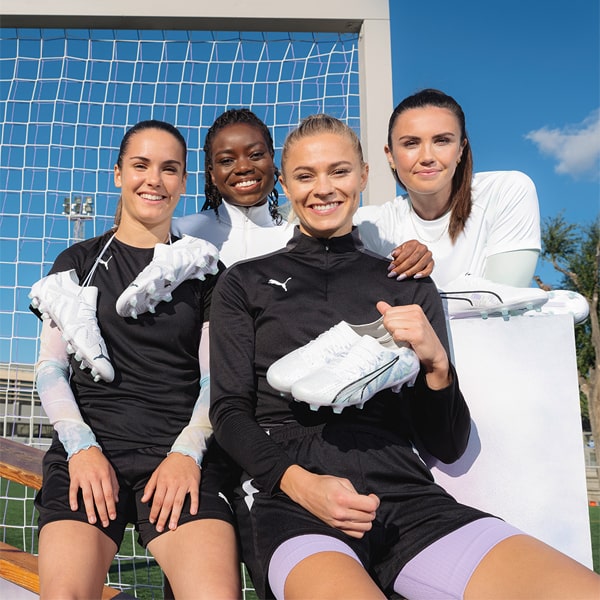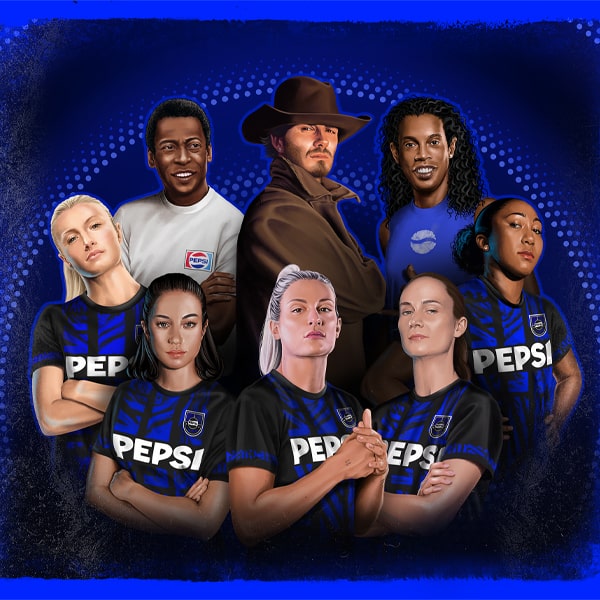On a day traditionally reserved for celebrating motherhood, Alia Guagni rewrote the script—signing off from the game not with a standard tribute or send-off, but with a message that reverberates far beyond the pitch.
As she hangs up her boots to embrace motherhood, the Italian icon used her final match with F.C. Como Women as a platform to shine a light on a conversation that’s long been kept on the sidelines: what happens next for female footballers?
In partnership with international creative agency LePub, Guagni and F.C. Como Women created something that speaks louder than words ever could—a jersey printed with her professional résumé. Not stats, not slogans—her CV. The clubs, the trophies, the battles fought on and off the pitch. A career, made wearable. A statement, made unmissable. Because when the final whistle blows, the game doesn’t stop—but the spotlight often does.
For Guagni, this wasn’t about fanfare. It was about foresight. “I’ve never been someone who seeks the spotlight,” she says. “But there are times when speaking up is the only right thing to do—especially when it might help those who come next.”
Over two decades in the game. A captain. A Scudetto winner. Over 100 caps for the Azzurre. A quarter-finalist at the Women’s World Cup. A trailblazer in Italy. A champion in Spain. And now, a mother. But as decorated as her career has been, the real statement was made not with her feet, but with her foresight.
This wasn’t a goodbye—it was a blueprint.
Through their ‘Beyond’ program, F.C. Como Women are already rewriting the playbook. The initiative gives players the tools, knowledge, and confidence to build a future beyond the game. But they’ve taken that commitment one bold step further. In what could be a game-changing precedent, they’ve pledged to only partner with sponsors who actively commit to hiring players after their football careers are over.
In a sponsorship landscape often ruled by optics and opportunism, this is nothing short of radical. It reframes sponsorship not as a badge of presence, but as a promise of purpose. And it’s a model that demands to be looked at—not just in women’s football, but across the sporting world.
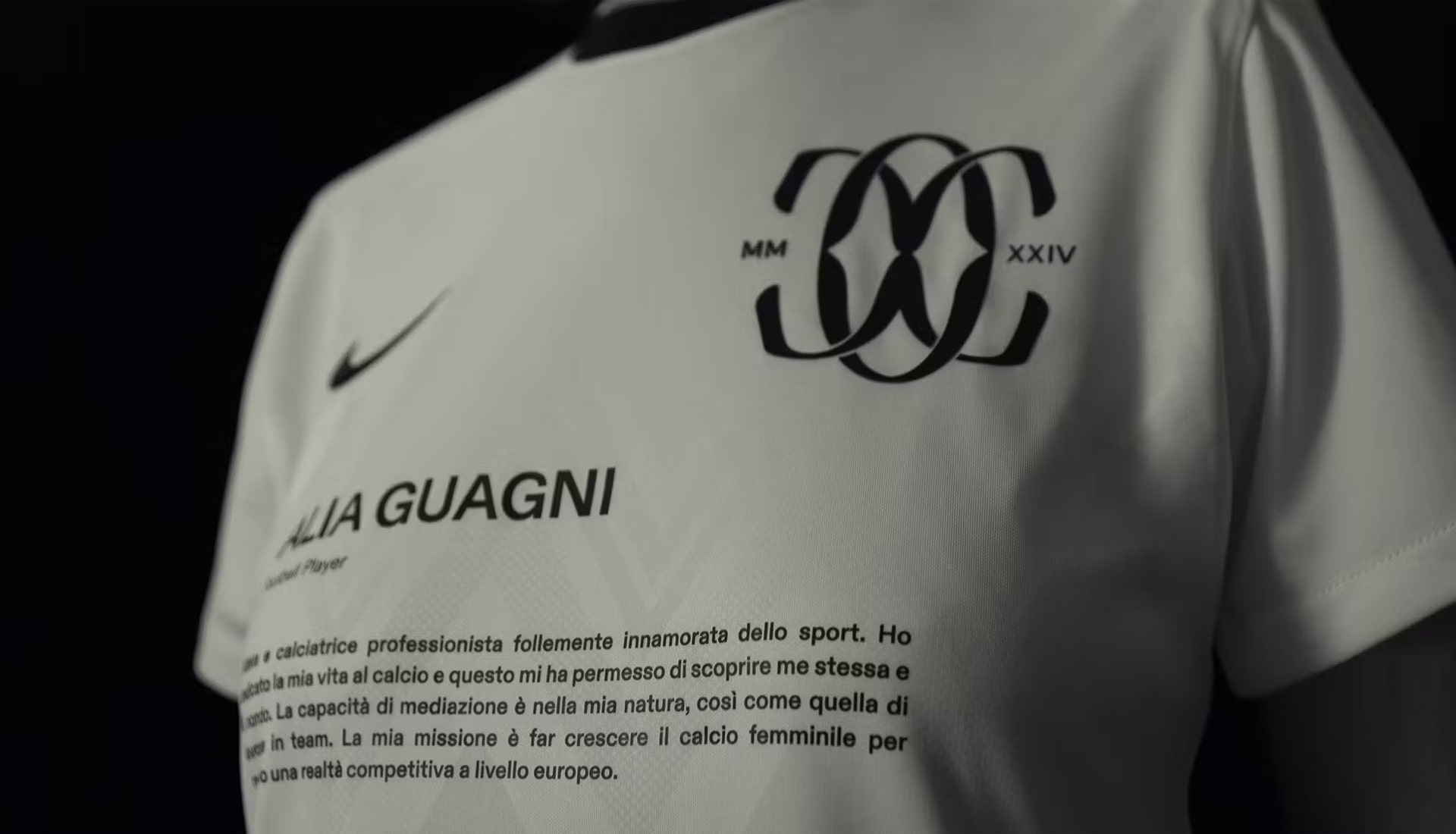
It’s this kind of ambition—quietly revolutionary, unapologetically human—that sets women’s football apart. While the men’s game often gets bogged down by commercial caution and image management, women’s football has become a stomping ground for innovation, activism, and raw, meaningful storytelling. F.C. Como Women don’t mind being political. Or poetic. Or both. They’re not afraid to go big, because they know the game itself is still growing—and with that comes the freedom, and the responsibility, to shape its culture from the ground up.
Guagni’s CV-jersey is more than a fashion statement. It’s a stitched-up manifesto. It speaks to every player quietly wondering what happens when the boots come off. It’s a reminder that progress isn’t just about pay parity or primetime slots—it’s about safeguarding futures.
For Alia Guagni, this final act wasn’t about legacy. It was about leadership.
And as she walks off the pitch for the last time, she does so not just as a legend of the game—but as a voice for what comes next. A reminder that the end of a football career should never mean the end of purpose, potential, or support.
In a world where kits are dropped to hype, this one drops to help.
And that makes all the difference.
Photography: Fulvio Bonavia & Mircea "Mitch" Gida
